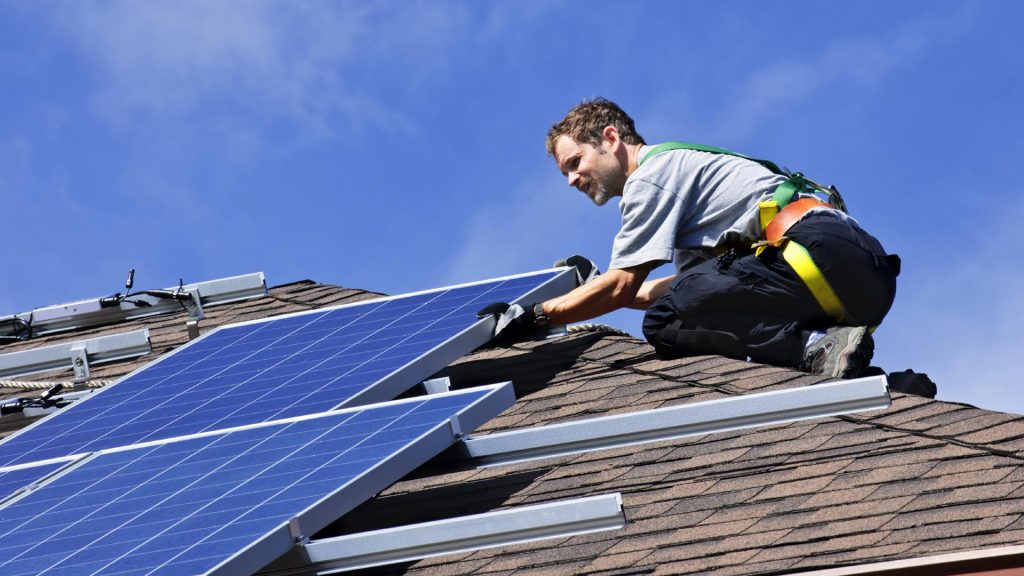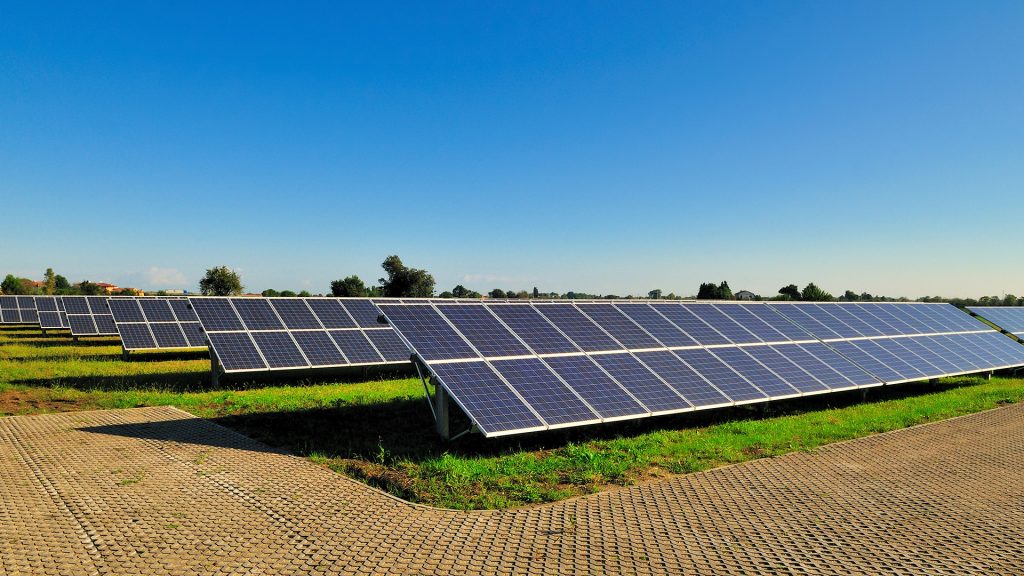Solar technology is currently changing the face of modern energy generation for consumers. From rooftop, to community, to utility-scale projects, American families and small businesses across the country are realizing the potential that solar brings in the form of clean, affordable, and reliable energy.

The steadily declining costs per kilowatt hour of solar photovoltaic systems and the expansion of solar panel leasing programs are contributing factors in solar rapidly becoming a more sizable portion of renewable energy generation. The amount of solar power installed in the U.S. has experienced an average growth of 33% over the past decade and increased from 1.2 gigawatts in 2008 to more than 130.9 gigawatts in 2021, enough to power 23 million American homes.
Currently, there are about one million solar installments – private rooftop, community, and utility-scale – in the United States, and they account for about 2.8 percent of the electricity produced in the U.S.
The expanding solar industry allows the U.S. to diversify its national energy portfolio. Adding solar to the nation’s energy mix not only helps reduce America’s reliance on imported energy, but also helps reduce the impacts of price spikes and supply disruptions. Stabilizing the cost of electricity translates into lower electric bills for American homes and businesses. Furthermore, solar is an inexhaustible and therefore reliable resource.
The solar industry currently provides thousands of jobs for hardworking Americans, and its job contribution is expected to rapidly increase. In 2021, solar energy jobs in the United States were up 9%from 2020. The industry also added 21,563 jobs and employed more than 255,000 people.
Consumer preference and costs will ultimately determine how rapidly residential and commercial-scale solar expands in the U.S., but it is clear that significant amounts of new solar installations are occurring and will continue to occur for the foreseeable future. More options, choice, and competition in the energy sector will benefit consumers and ultimately benefit both the environment and energy reliability.
Finding the best ways to incorporate solar power and other distributed energy sources into the grid will require a great deal of innovation and coordination at all levels of government. For consumers to fully benefit from this resource, policies will be needed to ensure consumer protection, information sharing, and grid modernization capable of fully incorporating these resources.
Consumer Energy Alliance strongly supports solar energy and the benefits it offers consumers throughout the U.S., which is why we have continually called for policies that are pro-solar, pro-grid, and pro-consumer.

